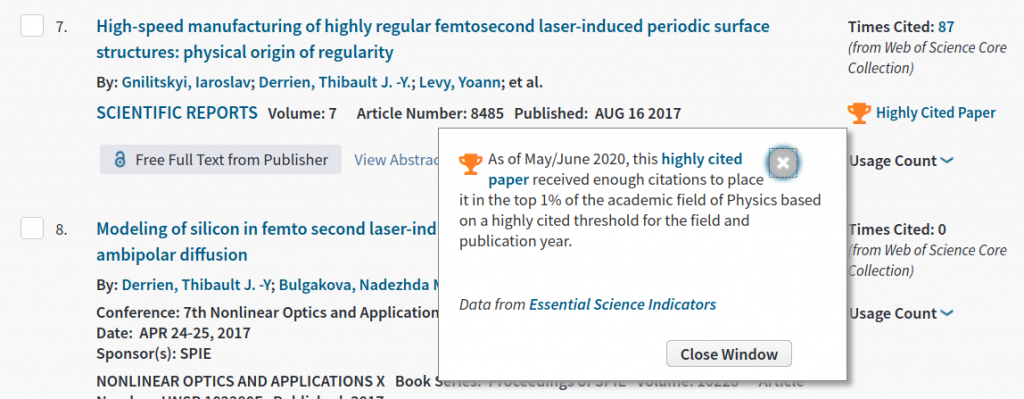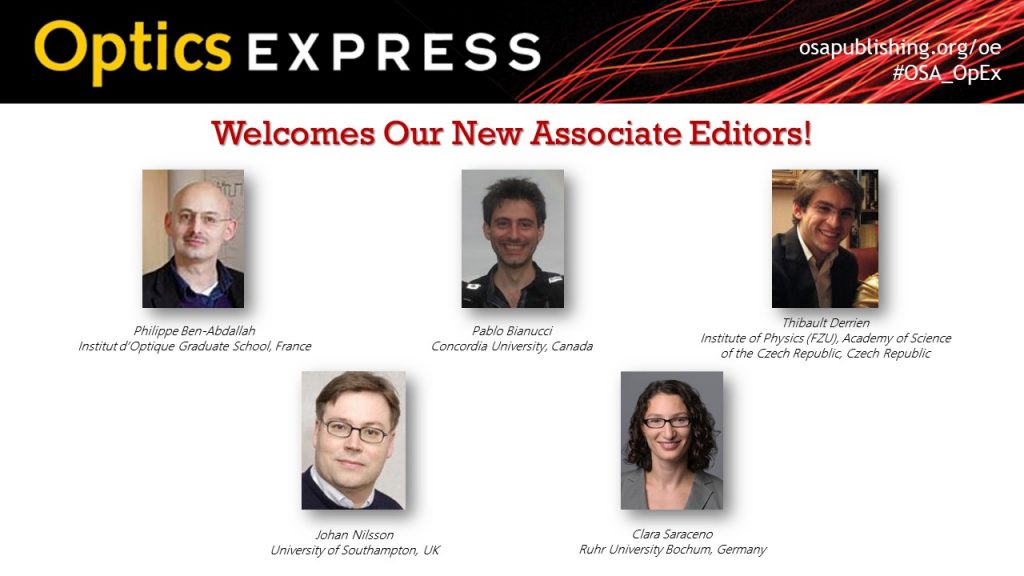Our predictions of optimal wavelength for preparing Highly-Regular Laser-Induced Periodic Surface Structures (HR-LIPSS) on metals [Sci. Rep. (2017)] have been confirmed experimentally for the case of Cu at 515 nm. The proof is visible in Fig. 4 in Nanomaterials (MDPI).
The concept and the laser process have been subjected to EU protection, a patent that was granted recently to the Institute of Physics (HiLASE Centre), available at this address.



